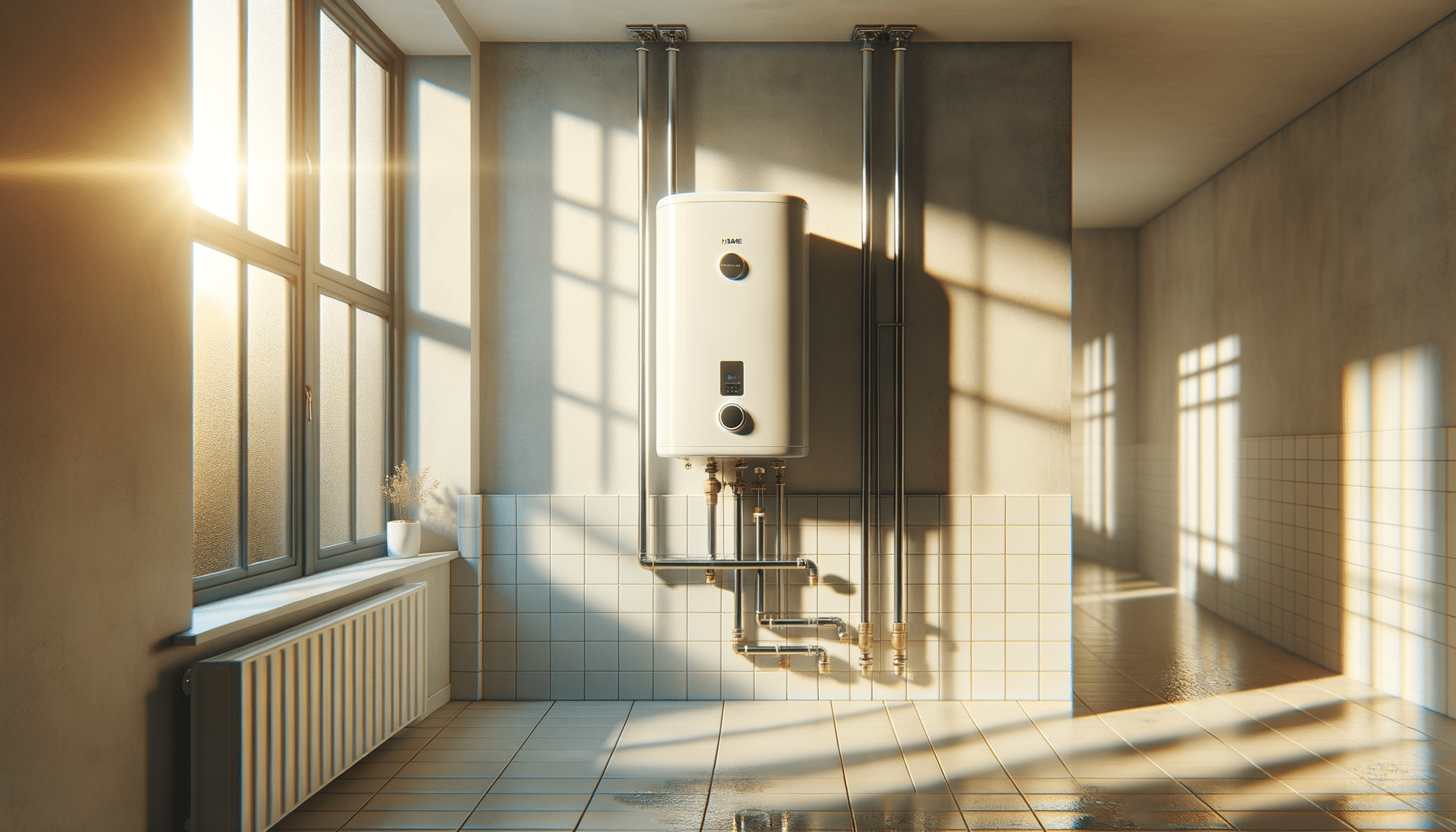
Choosing a Household Water Heater
The Importance of a Household Water Heater
In today’s modern homes, the household water heater plays an indispensable role in ensuring comfort and convenience. Whether it’s for a warm shower on a chilly morning, efficient cleaning of dishes, or laundry, the availability of hot water is crucial. A household water heater transforms the way we manage daily tasks, making routines more efficient and enjoyable. It is not just a luxury; it is a necessity that impacts the quality of life significantly.
There are various types of household water heaters available, each designed to meet different needs and preferences. Understanding the importance of selecting the right type can lead to better energy efficiency and cost savings. With the advancement of technology, water heaters have become more sophisticated, offering features that cater to environmental concerns and user convenience.
Choosing the right household water heater involves considering factors such as the size of the household, the climate of the region, and the specific needs of the users. A well-chosen water heater can enhance comfort, reduce energy bills, and contribute to a more sustainable home environment. As we delve deeper into the subject, we will explore the different types and features of household water heaters, providing you with the knowledge needed to make an informed decision.
Types of Household Water Heaters
Household water heaters come in various types, each with unique advantages and considerations. The most common types include tankless water heaters, storage water heaters, heat pump water heaters, and solar water heaters. Understanding these different types can help you make a choice that best suits your household’s needs.
Tankless Water Heaters: These heaters are known for their on-demand functionality. Unlike traditional storage heaters, they heat water only when needed, which can lead to significant energy savings. They are compact and suitable for homes with limited space.
Storage Water Heaters: These are the traditional type, featuring a tank that stores hot water. They are available in various sizes, making them suitable for households of all sizes. While they may consume more energy, they provide a steady supply of hot water.
Heat Pump Water Heaters: These are highly energy-efficient, as they use electricity to move heat from one place to another instead of generating heat directly. They work well in moderate to warm climates and can significantly reduce energy consumption.
Solar Water Heaters: Utilizing solar energy, these heaters are an eco-friendly option. They can be a cost-effective choice in sunny regions, although initial installation costs may be higher.
Each type of household water heater has its pros and cons, and the choice depends on factors such as budget, climate, and the specific needs of the household.
Factors to Consider When Choosing a Household Water Heater
Selecting the right household water heater involves balancing several factors to ensure efficiency and satisfaction. Here are some crucial considerations:
- Energy Efficiency: Look for models with high energy efficiency ratings. This not only reduces utility bills but also minimizes environmental impact.
- Capacity: The size of the household and hot water usage patterns should guide the choice of capacity. Larger families may require a higher capacity unit to meet peak demand.
- Installation and Space: Consider the space available for installation. Tankless heaters require less space, while storage heaters need more. Ensure the installation area is suitable for the chosen type.
- Cost: While initial costs are important, consider long-term savings from energy-efficient models. Balance upfront costs with potential savings over time.
- Climate: Certain types, like heat pump and solar heaters, perform better in specific climates. Choose a type that complements the local weather conditions.
By carefully evaluating these factors, you can select a household water heater that provides optimal performance, comfort, and value.
Installation and Maintenance Tips for Household Water Heaters
Proper installation and maintenance are crucial for the efficient operation of a household water heater. Here are some tips to ensure your water heater performs optimally:
Professional Installation: Always opt for professional installation to ensure safety and compliance with local regulations. Proper installation can prevent leaks, improve efficiency, and extend the lifespan of the unit.
Regular Maintenance: Routine maintenance, such as checking the pressure relief valve and flushing the tank regularly, can prevent sediment build-up and improve efficiency. Regular inspections can also identify potential issues before they escalate.
Insulation: Insulating the water heater and pipes can reduce heat loss, improving efficiency and reducing energy costs. This is particularly important in colder climates.
Temperature Settings: Adjust the thermostat to a comfortable yet efficient setting, typically around 120°F. This helps in reducing energy consumption and preventing scalding.
By following these installation and maintenance tips, you can ensure the longevity and efficiency of your household water heater, providing reliable hot water for years to come.
Future Trends in Household Water Heaters
The future of household water heaters is poised for innovation, driven by advancements in technology and environmental considerations. Here are some trends to watch:
Smart Technology: Integration of smart technology allows users to control and monitor water heaters remotely. This can lead to enhanced energy efficiency and convenience, with features such as scheduling, diagnostics, and usage tracking.
Eco-Friendly Solutions: As environmental awareness grows, there is a push towards more sustainable water heating solutions. This includes the increased use of renewable energy sources, such as solar power, and the development of more energy-efficient models.
Hybrid Models: Combining different technologies, hybrid water heaters offer improved efficiency and performance. They can adapt to varying demands and environmental conditions, providing a versatile solution for modern homes.
These trends indicate a shift towards more intelligent and sustainable water heating options, promising enhanced performance and reduced environmental impact. As technology continues to evolve, the household water heater will remain a crucial component of modern living, adapting to meet the changing needs of society.


